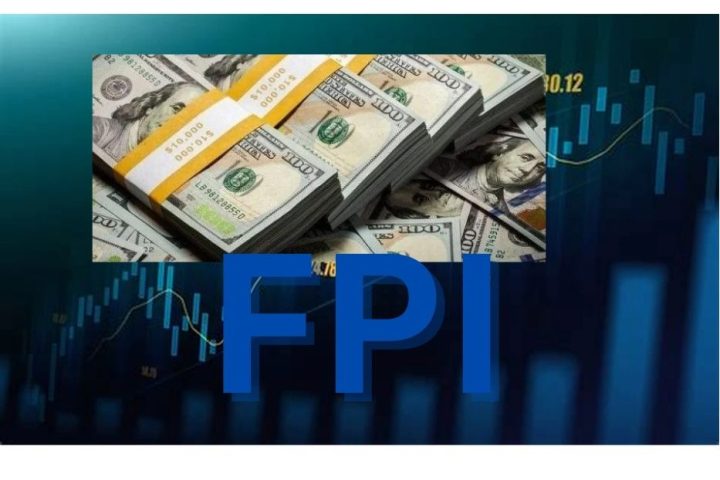The Centre for the Promotion of Private Enterprise (CPPE) says it welcomes the bold step taken by the Tinubu administration to unify the naira exchange rate and unlock the huge potentials for investment, jobs and capital flows.
According to Dr Muda Yusuf, the Director of CPPE, investor confidence would be positively impacted. “Meanwhile, it should be clarified that this is not a devaluation policy, but a pricing mechanism that reflects the demand and supply fundamentals in the foreign exchange market,” says Yusuf in a statement he sent to Prime Business Africa.
Join our WhatsApp ChannelREAD ALSO: CBN Devalues Naira, Orders Banks To Sell Dollar, Others At Market Determined Rates
“It is a framework which allows for flexible rate adjustments as and when necessary. It is a model that is predictable, equitable, transparent and sustainable. It is a policy regime that would reduce uncertainty and inspire the confidence of investors. It would minimize discretion and arbitrage in the foreign exchange allocation mechanism.”
The CPPE director argues that rate unification does not imply that rates will be exactly the same in all segments of the market. “The objective is to ensure that the differentials are very minimal, possibly between 5-10%.”
10 Gains of exchange rate unification
A unified exchange rate regime, according to the CPPE, offers the following benefits for the economy:
i. It enhances liquidity in the foreign exchange market.
ii. It reduces uncertainty in the foreign exchange market and therefore enhances the confidence of investors.
iii. It is more transparent as mechanism for forex allocation.
iv. It minimizes discretion in the allocation of forex and reduces corruption vulnerabilities.
v. It reduces opportunities for round tripping and other sharp practices.
vi. It would increase disclosures with respect to export proceeds and compliance with non-oil export declarations, especially the non-oil export documentation [NXP].
vii. It would boost government revenue by a minimum of N4 trillion through additional remittance of exchange rate surplus to the federation account by the CBN.
viii. The use of naira cards for limited international transactions would be restored in the short to medium term.
ix. It would facilitate the mopping up of naira liquidity in the economy in the short to medium term. This would impact positively on inflation outlook.
x. It would deepen the autonomous foreign exchange market through the liberalization of inflows from Export Proceeds, Diaspora Remittances, Multinational oil companies, diplomatic missions etc.
9 Negative Outcomes of fixed Exchange Rate Regime
The erstwhile foreign exchange policy regime on the other hand was, for all practical purposes, a fixed exchange rate regime. It created the following distortions and negative outcomes:
i. Widening gap between the official, other multiple windows and parallel market exchange rates which created room forex roundtripping to flourish.
ii. Collapse of liquidity in the foreign exchange market resulting in acute forex scarcity.
iii. It fueled demand for forex because of the incredible rent opportunities created by the huge parallel market premium.
iv. Created a major disincentive for forex inflows into the economy, thus suppressing forex supply.
v. Mounting trade debts.
vi. Increasing factory closure as many manufacturers are not able to access foreign exchange for raw materials and other inputs.
vii. Many investors were not able to meet offshore obligations, creating credibility problems with their offshore suppliers.
viii. Surging inflationary pressures
ix. Sharp drop in capital inflows
CBN Didn’t Devalue the Naira, CPPE Argues
Yusuf argues that CBN’s action does not amount to naira devaluation policy. “It is a normalization of the foreign exchange policy regime and an adjustment of rate to reflect the fundamentals of demand and supply.
“It would be dynamic; and the naira will appreciate or depreciate depending on the fundamentals.
“In the short term, we expect a depreciation of the currency in the official window because of the huge demand backlog. But as the market conditions normalizes and moves towards equilibrium, the rate would moderate. We also expect the new policy regime to boost inflows and strengthen the supply side amidst elevated investors’ confidence.
“The component of forex demand driven by arbitrage, rent seekers, speculators and other economic parasites would also fizzle out, thus restoring stability to the forex market.
“However, the CBN should position itself for periodic intervention in the, as and when necessary, to stabilize the exchange rate and prevent volatility. This should happen not by fixing rate, but by boosting supply to the extent that the reserves can support.”
















Follow Us